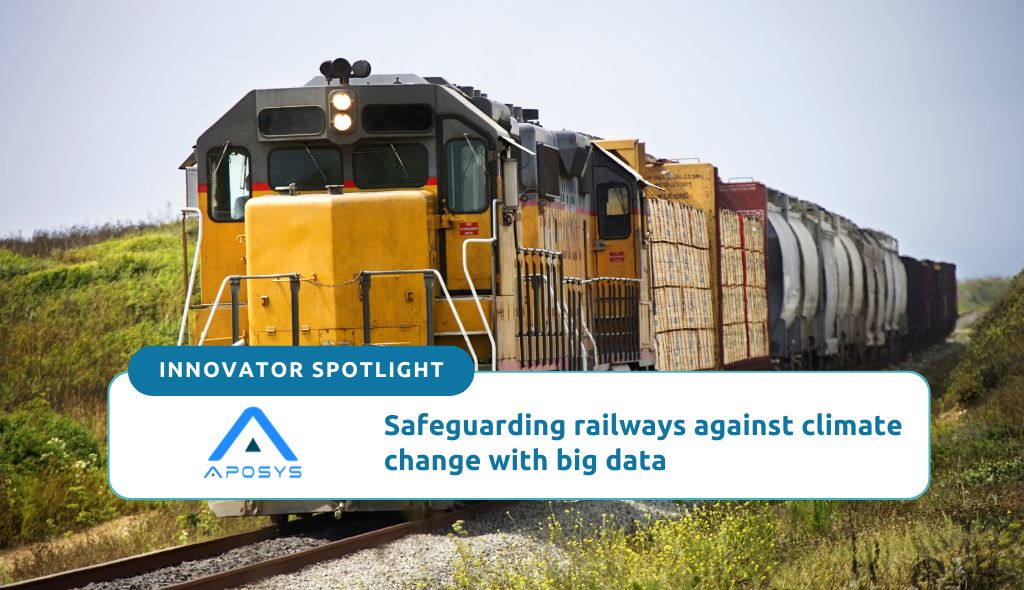This article was originally written and published by Environment Journal. Read the full article here.
Climate change poses significant risks to rail infrastructure. Rising temperatures can cause thermal expansion of tracks, leading to buckling and misalignment. Heavy rainfall and flooding can damage tracks, bridges, and signaling systems, disrupting train services. Particularly for Canada, the melting of permafrost and the degradation of peatlands can undermine the stability of rail foundations, increasing the risk of track settlement and derailments.
However, data analytics can revolutionize railway operations by providing valuable insights into the performance and condition of infrastructure assets. By collecting and analyzing vast amounts of data from various sources, such as sensors, satellites, and historical records, railway operators can gain a comprehensive understanding of their network’s vulnerabilities and optimize maintenance strategies accordingly.
Companies such as Toronto, Ont.-based ApoSys Technologies Inc. are working on solutions.
The ApoSys proprietary machine learning algorithms can compare past inspection alongside real-time sensor inputs; these can predict when crucial components like tracks or rolling stock might require maintenance. Potential failures are identified to provide a proactive approach that minimizes downtime, reduces maintenance costs, and enhances passenger safety. These algorithms also incorporate local environmental and surrounding asset data to quantitatively understand how climate change impacts the rail infrastructure. In the long-term, high-resolution climate models are developed to preemptively alert railway operators to direct resources towards safeguarding it.
The ApoSys Autonomous Track Measurement Unit (ATMU) forms the basis of the Apollo Framework, and integrates a suite of heterogeneous sensors like LiDAR, GPR, and high-speed cameras that can achieve a 90 per cent defect detection rate, enhancing visibility for maintenance crews. Its modular, portable design allows for easy installation under train carriages, optimizing space for sensors, ensuring that data is collected in real-time, under real-life conditions.
Learn more about ApoSys Technologies Inc. here. Connect with us to get started on your start-up journey.






